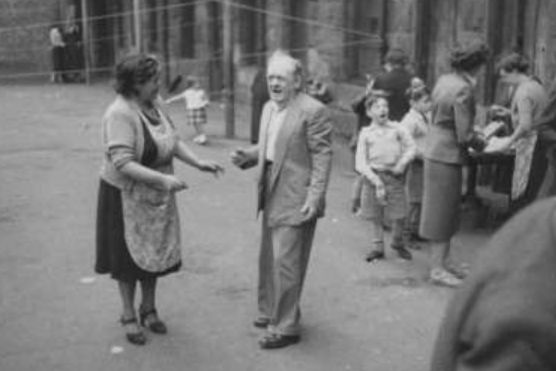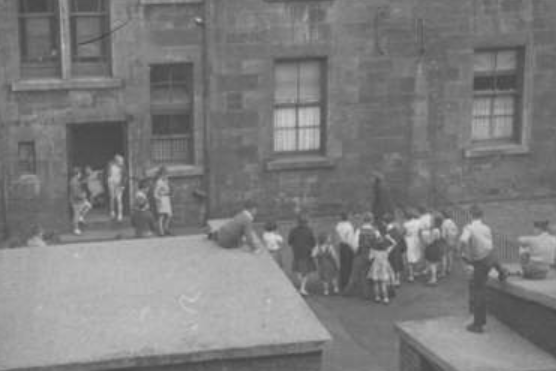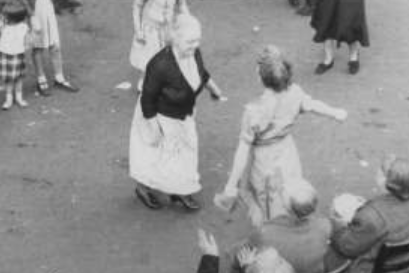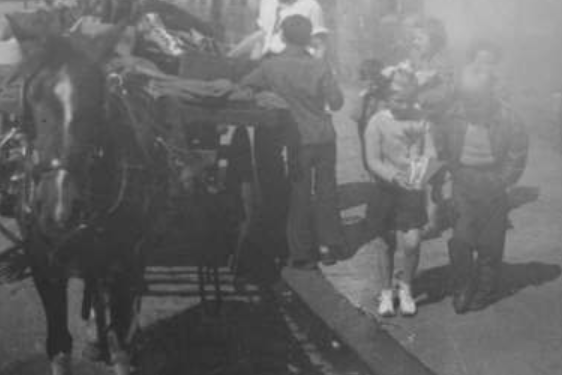Growing up in a tenement in Glasgow was a universal experience for hundreds of thousands of children across the city over the last 200 years or so.
Brought in to house the massive workforces needed for heavy industry across the Clyde, the tenements sprang up alongside the shipyards and completely changed the face of the city. Tenements brought together incredibly tight-knit communities to the city, now the amount of people that used to live on your street all live in the one big sandstone building, and the streets in the city are lined with them.
The population of Glasgow exploded, and the quality of tenement living varied greatly across the city over the centuries. Some tenements saw no upkeep or care, were built poorly, and by the time of the slum clearances in the 60s, were all falling to ruin. Conditions in said tenements could be horrendous, and sickness due to the poor living conditions was common due to overcrowding and poor sanitation. In some blocks, 50 neighbours would be sharing the one outdoor toilet and back garden tap.
As grim as growing up in a tenement could be, it did have its upsides - there was a real sense of community, you never felt alone, as a child there was a real sense of magic and belonging to it all.
While most of Glasgow's tenement housing provision still stands, with a lot of the better preserved tenements being quite the sought after properties, growing up in a tenement in the 21st century just isn't the same as what it used to be.
Today we're trying to share that magic of growing up in a tenement for those that missed out, and remind those that were there of the good old days. Here are 14 old pictures of tenement living in Glasgow showing just what it used to be like.

1. Jumble sale (Circa. 1955)
A group of men, women and children look like their having a grand time during a jumble sale in a Partick back court

2. Playing out the back court (Circa.1955)
A group of kids play around the wash-house in a Partick back court

3. Party in the back court!
A pair of women dance and children look on during a party in a back court in Partick

4. Rag & Bone man (Circa. 1950)
Children play about the horse and cart ridden by a rag and bone man
